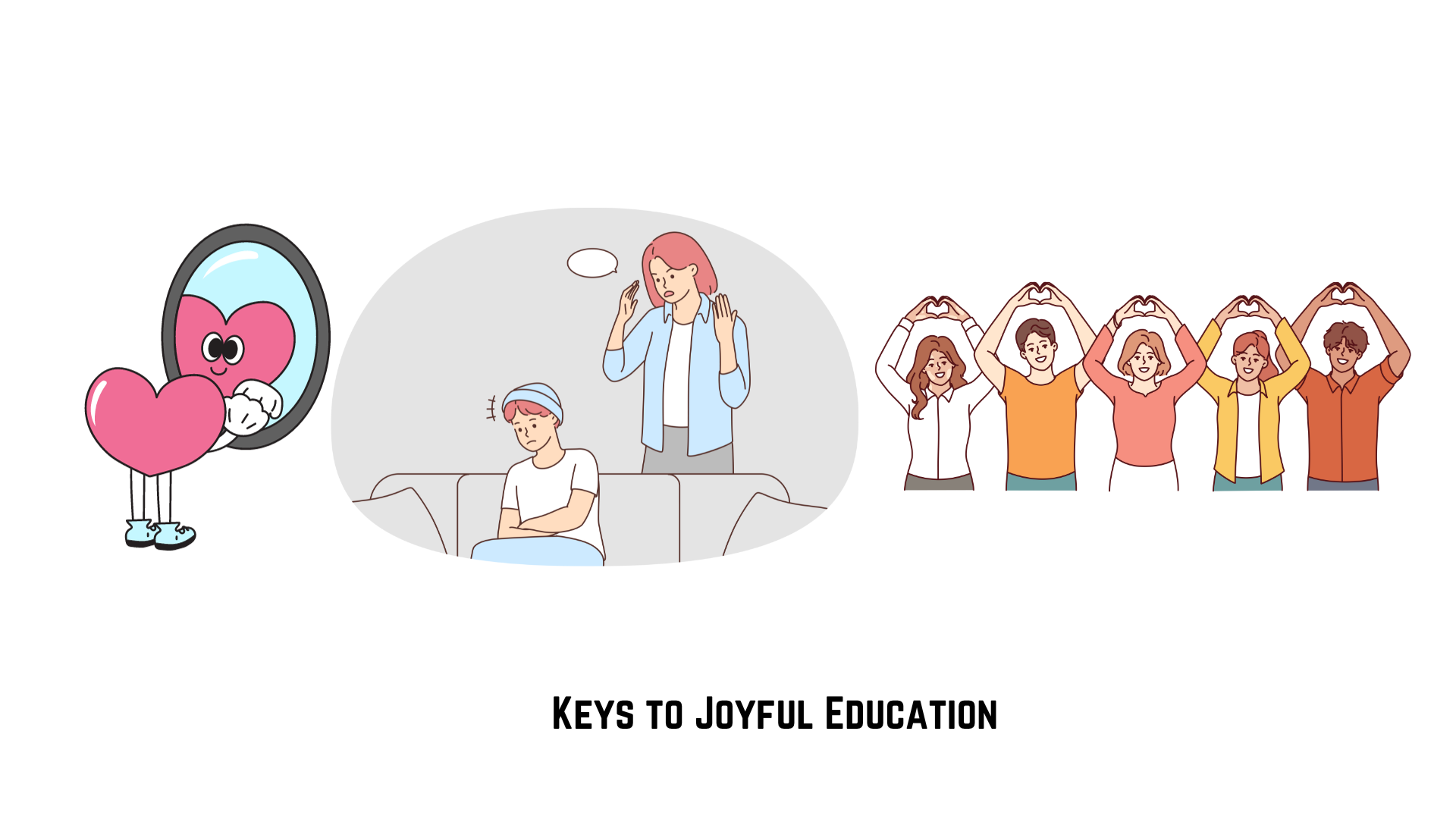Trending Now
- 830 voters names go missing in Kavundampalayam constituency
- If BJP comes to power we shall consider bringing back electoral bonds: Nirmala Sitaraman
- Monitoring at check posts between Kerala and TN intensified as bird flu gets virulent in Kerala
Columns
Emotional (Un)Awareness – Dealing with Alexithymia
![]() October 12, 2018
October 12, 2018
Do you have difficulty in identifying feelings? Do you find it difficult to find an appropriate term to describe your feelings? Do you have few fantasies and very few realistic dreams? Do you rely on more factual information? Do you always think logically? Do you find it difficult to empathize with people?
If you answered to most of these questions as “YES”, you might be suffering from alexithymia.
Alexithymia means the difficulty in identifying your feelings and expressing them to others or failing to understand the intricacies of what others feel and think due to lack of self-awareness or emotional awareness.
Alexithymia should not be confused with:
1. Sociopaths and psychopaths:
Sociopaths and psychopaths are emotionally unresponsive. Sociopaths are emotionally under aroused and they will try to engage in activities to make them reach the normal level of arousal, whereas individuals who have alexithymia experience high level of emotional arousal but blame it on their physical causes. In short, people who suffer from alexithymia are social conformists, not social menaces.
2. Apathy:
Apathy is the absence of emotions which implies that there are no traces of physiological activities, whereas individuals who have alexithymia exhibit physiological activities but are unable to label the feeling.
3. Emotional repression:
Emotional repression is a psychological defence mechanism where the individual challenges his emotions and renders it at a subconscious level. The individual voluntarily suppresses the feeling whereas individuals who have alexithymia are unable to comprehend the meaning of his emotions even at a subconscious level.
Why are emotions required at work?
Emotions at workplace play a large role in how an entire organisation communicates with itself and to the outside world. “Events at work have real emotional impact on the individual. The consequences of emotional states in the workplace, both behavioural and attitudinal, have substantial significance for individuals, groups, and society” (Weiss, 2002). “Positive emotions at workplace help employees obtain favourable outcomes, including achievement, job enrichment and higher quality social context” (Staw, Sutton, Pelled, 1994).
“Negative emotions, such as fear, anger, stress, hostility, sadness and guilt, however increase the predictablity of workplace deviance,” (Lee, Allen,2002), and how the outside world views the organization.
Manager’s Role in Helping Employees Overcome Alexithymia
As a manager you need to harness positive emotions – or eliminate negative emotions – at work in order to maintain a healthy work environment but what do you do if one is not aware of their own feelings? the manager needs to:
1. Be patient:
Do not mock the employees’ emotional unresponsiveness or the entire situation. Instead, be very patient and make the employee realize the impact their lack of response had on the entire situation.
2. Help them label emotions:
Literally spell things out for your employees. Walk them through their emotions. Help the employees’ label their emotion. If you find an employee frustrated ask them, “You look frustrated today” Did something happen? Let’s talk about it.
Help them raise their awareness level and let them be aware of the trigger and most importantly let them verbalize their emotions without interrupting them.
3. Be supportive:
Support the employee as and when required emotionally. If the individual confides in you do not take it as a sign of dependency. Do not interpret it as a sign of weakness.
Helping yourself deal with alexithymia
Your main aim should be to learn how to identify emotions and understanding feelings. You can do the following things to overcome it:
1. Keep a Diary:
Studies show that expressive writing can be helpful in stretching one’s ability to detect emotions. In the beginning it will be difficult for you to write what you feel but start observing people at work/home. Try and put yourself in their shoes and try and write about how they would be feeling.
2. Read a lot:
Read a lot of novels. The expressive language used in the novels would give a brief idea about how people feel, and describe their thoughts.
3. Listen:
Observe people closely and hear them out. See how they express their emotions and with people who you share a close relationship with feel free to probe more to understand how they really feel about their feelings. It might help you label your emotions.
4. Talk it out:
Start verbalising what you are feeling with people who you share a good rapport with. Even though you feel that you do not make sense still be verbal because you might just be making sense to the other person and that person would in turn help you label feelings.
Identifying your emotion is the first step to a rich and healthy emotional life. This can be an uncomfortable journey when you begin, but take it as a challenge and after a first few hurdles I am sure you are going to love getting in touch with yourself. From the above mentioned methods use the ones that suit you and use them to help you in your journey towards emotional health.






















